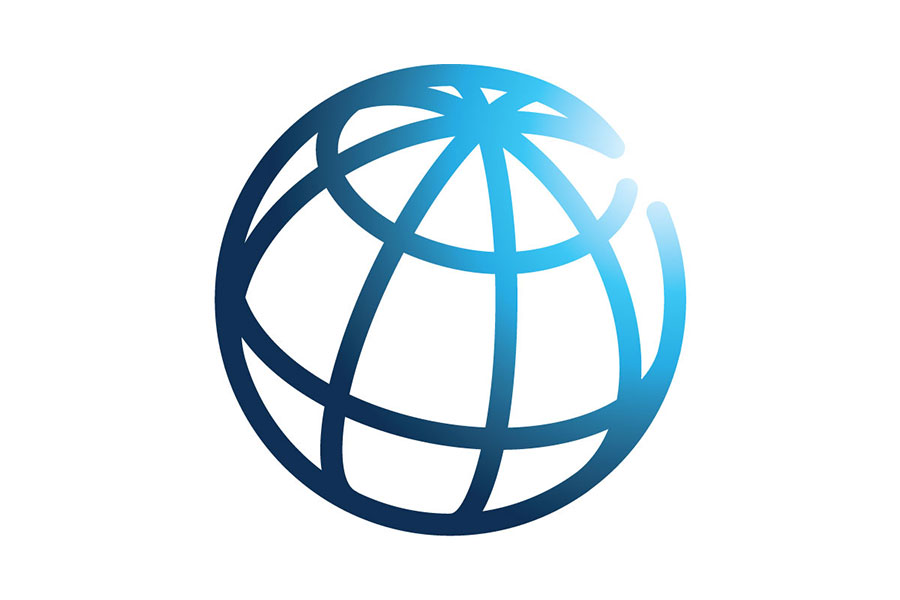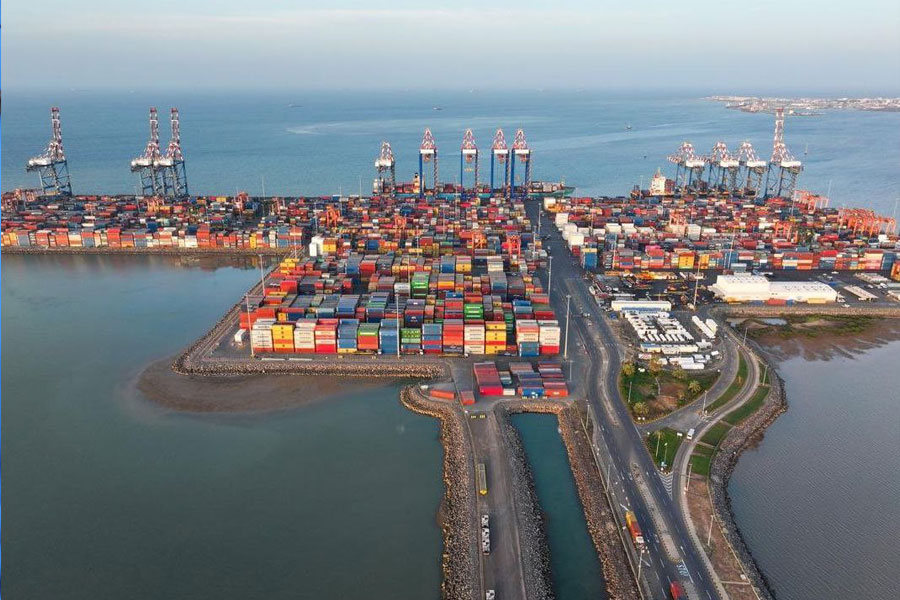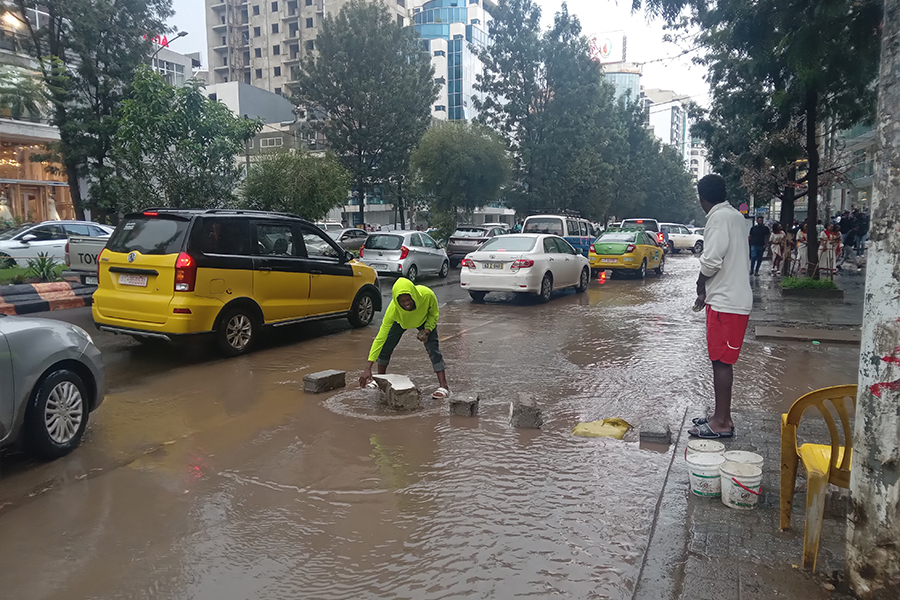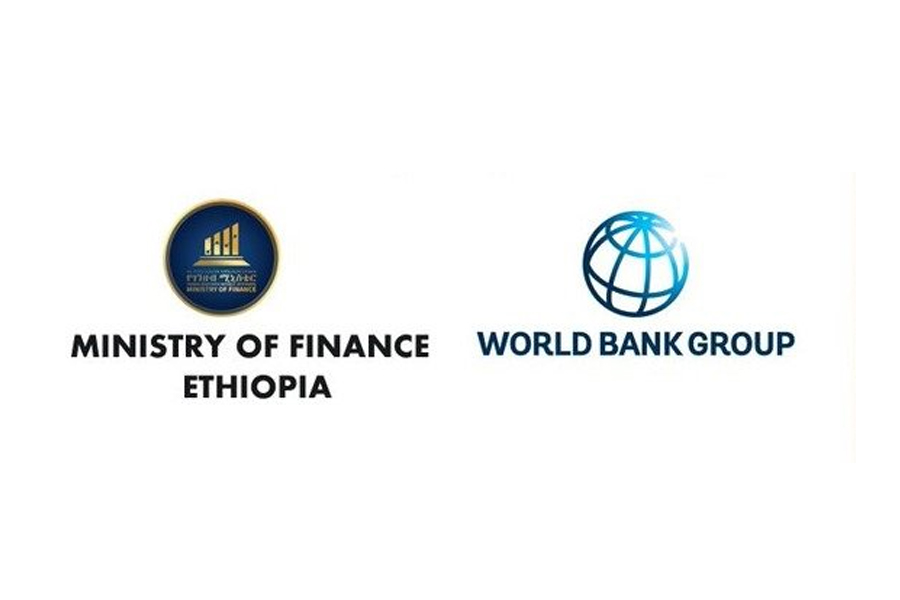
Radar | Feb 19,2022
Jan 16 , 2021
By Asegid Getachew
Objectivists may consider utilitarianism an altruistic pursuit that undermines rational self-interest. However, it is an unparalleled virtue and the most appropriate moral code that humanity can practice in our current situation.
What exactly is utilitarianism?
It has had several variations and continues to be developed as an ethical theory. But it was first introduced comprehensively by philosophers Jeremy Bentham and then propounded by John Stewart Mill. They described it as a moral code that evaluates the worth of an action based on its capacity to enhance the happiness of, or eliminate the pain for, the largest possible number of people. In practical terms, it means that if what we do maximises the pleasure of others, or minimises their pain, it is worth undertaking.
It can be applied successfully to the COVID-19 pandemic, which is wreaking havoc throughout the world. The way forward requires a reconsideration of our definition of “morality” and “virtue.” We need to get hold of it by suppressing the “Ego” and the ”I” in us and replacing it by “We.”
To understand the considerable significance of utilitarianism in our current situation, we do not have to go too far. We simply need to recognise and acknowledge the immense virtue of those who are already practising it.
On the front line are essential workers – health care professionals, delivery and grocery workers and manufacturing employees — who are already out there doing everything they can for us to make it safely out of the pandemic.
Despite the criticism that is usually levelled at social media companies and tech giants, they have poured billions of dollars into helping the ongoing effort in search of medical treatments for the virus. The development of efficacious vaccines that we see rollout in some parts of the world would not have been possible if these firms had not lent a helping hand.
They have also teamed up on efforts to develop apps that dramatically changed how tracking and tracing are done. All of this has contributed to humanity in its hour of need and adversity.
Manufacturers — big and small — contribute their share by operating under a “transformed business model.” They are repurposing their machinery to produce items like sanitiser, masks, ventilators and personal protective equipment (PPEs), which are game-changers in fighting the virus. It takes a cynic to claim that this is motivated purely by profit and not some sense of collective responsibility for securing a better future for humanity.
It is an effort that has been replicated at the level of governments that are doing their hardest to cull the further transmission of the virus by designing their best-laid plans. Led by the World Health Organisation (WHO), governments of developed countries and multilateral organisations have come together for COVAX, a global effort to ensure that low-income countries do not fall backwards in treatment solutions.
These should show us that the current situation dictates us to totally ignore the notion of “I” and fully embrace the virtue of “We.”
Vaccines are finally being rolled out. And that is news that we all have fervently been waiting for. However, the limited production capacity, logistical challenges and fallouts from the new variant of the virus will make it very hard to reach the entire world in a short period. This implies that a huge chunk of the worldwide population will not get vaccinations in the foreseeable feature. Such stumbling blocks will make the road ahead tricky to navigate.
To the dissatisfaction of the majority, the pandemic will continue to be a clear and present danger for an indefinite period to come. And more lockdowns and restrictions will be in order.
As the restriction to battle the beast continues, small business will face closure, petty traders will continue to lose the essential income that keeps them and their families moving, and millions will lose their job throughout the world. And those who depended on others for food will feel the brunt of it as the sources they rely on keep on dwindling.
It is thus the responsibility of everyone to help those in need. Remember, a simple act of kindness ripples wide and far.
“Love cannot remain by itself — it has no meaning. Love has to be put into action, and that action is service,” Mother Teresa said.
That service should be in favour of what would produce the maximum pleasure for the most.
PUBLISHED ON
Jan 16,2021 [ VOL
21 , NO
1081]


Radar | Feb 19,2022

Fortune News | Jun 11,2024

Covid-19 | Sep 04,2021

In-Picture | Sep 14,2024

Viewpoints | Apr 13,2024

Radar | Oct 05,2024

Radar | Feb 27,2021

Radar | Sep 18,2021

Commentaries | May 24,2025

Radar | Jun 11,2022

My Opinion | 131981 Views | Aug 14,2021

My Opinion | 128369 Views | Aug 21,2021

My Opinion | 126307 Views | Sep 10,2021

My Opinion | 123925 Views | Aug 07,2021

Dec 22 , 2024 . By TIZITA SHEWAFERAW
Charged with transforming colossal state-owned enterprises into modern and competitiv...

Aug 18 , 2024 . By AKSAH ITALO
Although predictable Yonas Zerihun's job in the ride-hailing service is not immune to...

Jul 28 , 2024 . By TIZITA SHEWAFERAW
Unhabitual, perhaps too many, Samuel Gebreyohannes, 38, used to occasionally enjoy a couple of beers at breakfast. However, he recently swit...

Jul 13 , 2024 . By AKSAH ITALO
Investors who rely on tractors, trucks, and field vehicles for commuting, transporting commodities, and f...

Jul 5 , 2025
Six years ago, Ethiopia was the darling of international liberal commentators. A year...

Jun 28 , 2025
Meseret Damtie, the assertive auditor general, has never been shy about naming names...

Jun 21 , 2025
A well-worn adage says, “Budget is not destiny, but it is direction.” Examining t...

Jun 14 , 2025
Yet again, the Horn of Africa is bracing for trouble. A region already frayed by wars...

Jul 6 , 2025 . By BEZAWIT HULUAGER
The federal legislature gave Prime Minister Abiy Ahmed (PhD) what he wanted: a 1.9 tr...

Jul 6 , 2025 . By YITBAREK GETACHEW
In a city rising skyward at breakneck speed, a reckoning has arrived. Authorities in...

Jul 6 , 2025 . By NAHOM AYELE
A landmark directive from the Ministry of Finance signals a paradigm shift in the cou...

Jul 6 , 2025 . By NAHOM AYELE
Awash Bank has announced plans to establish a dedicated investment banking subsidiary...